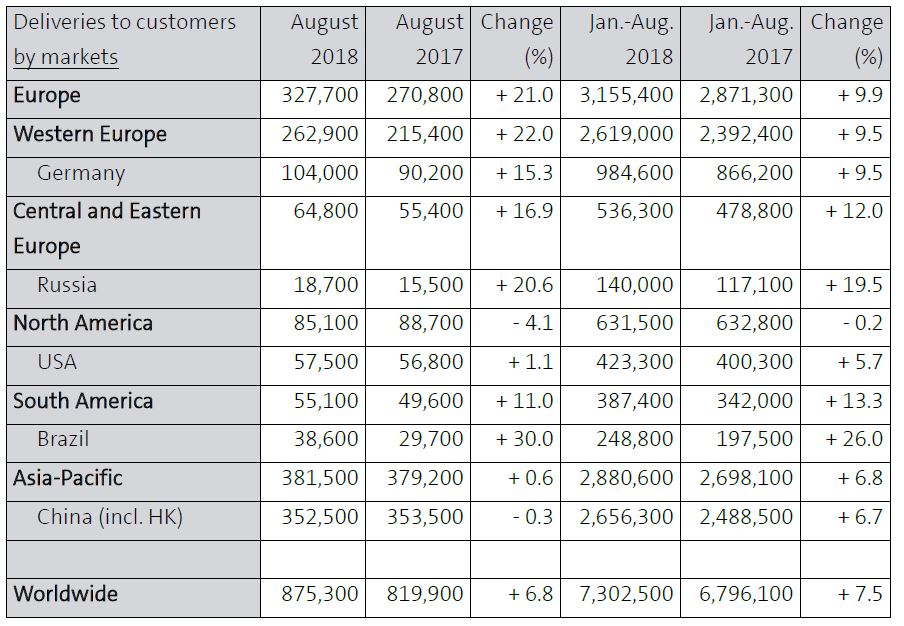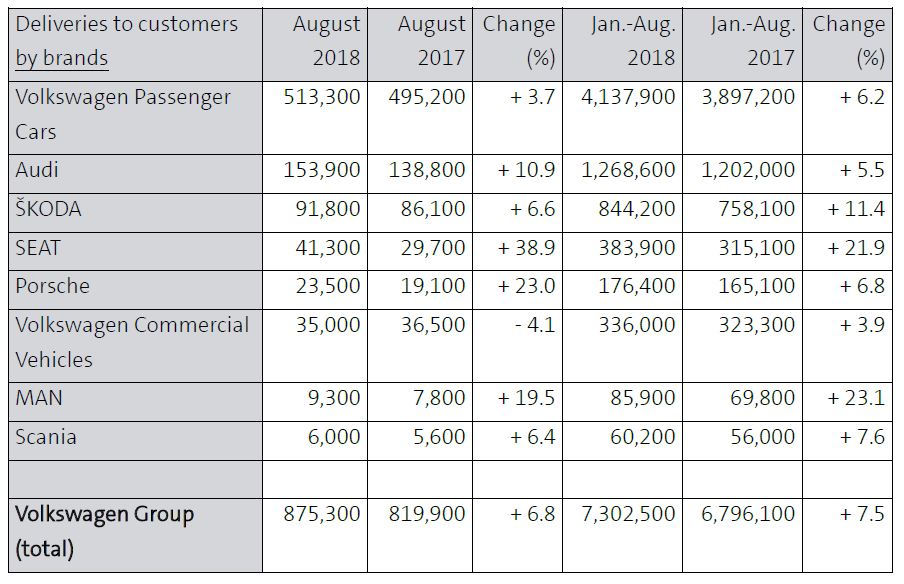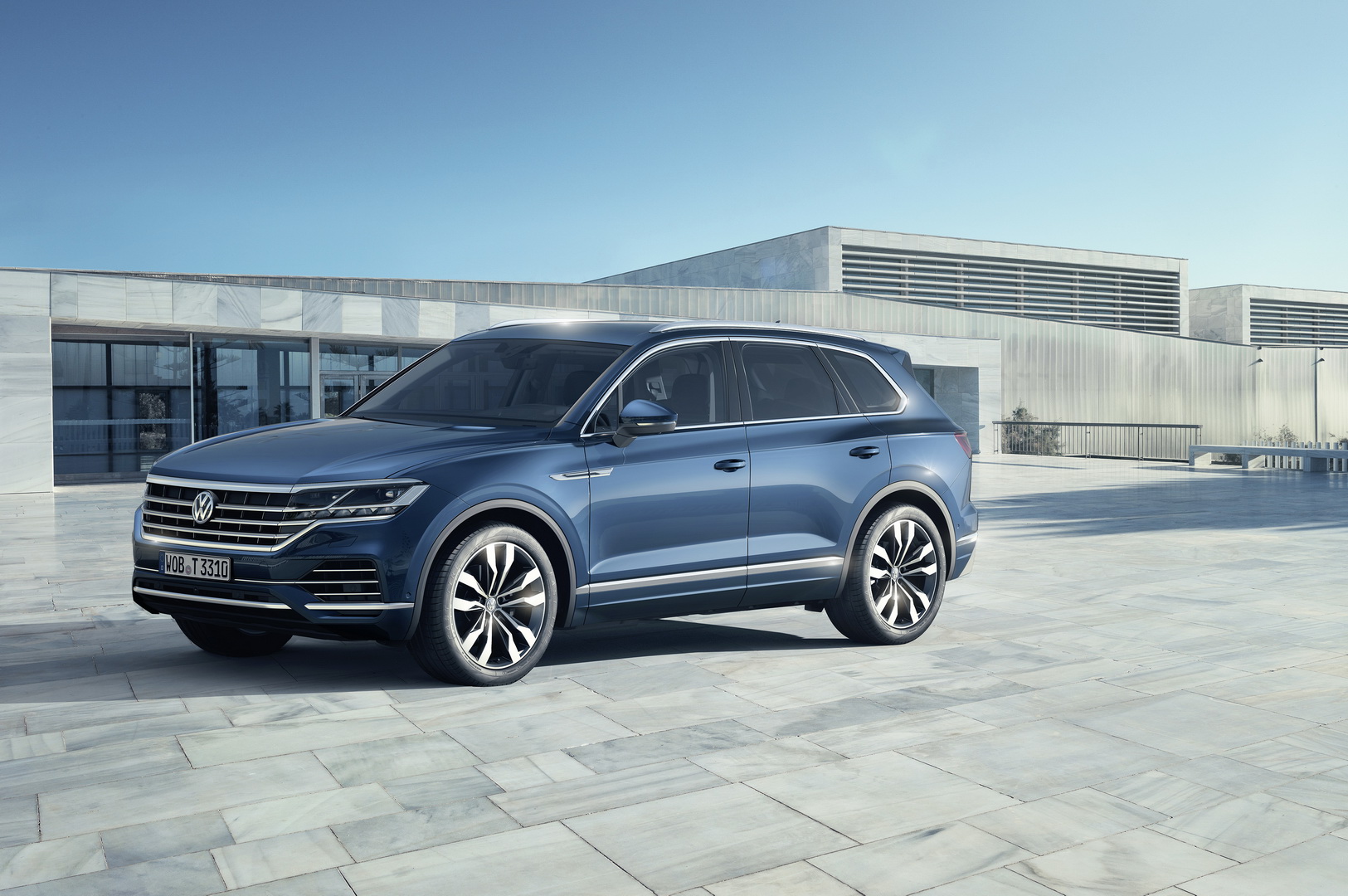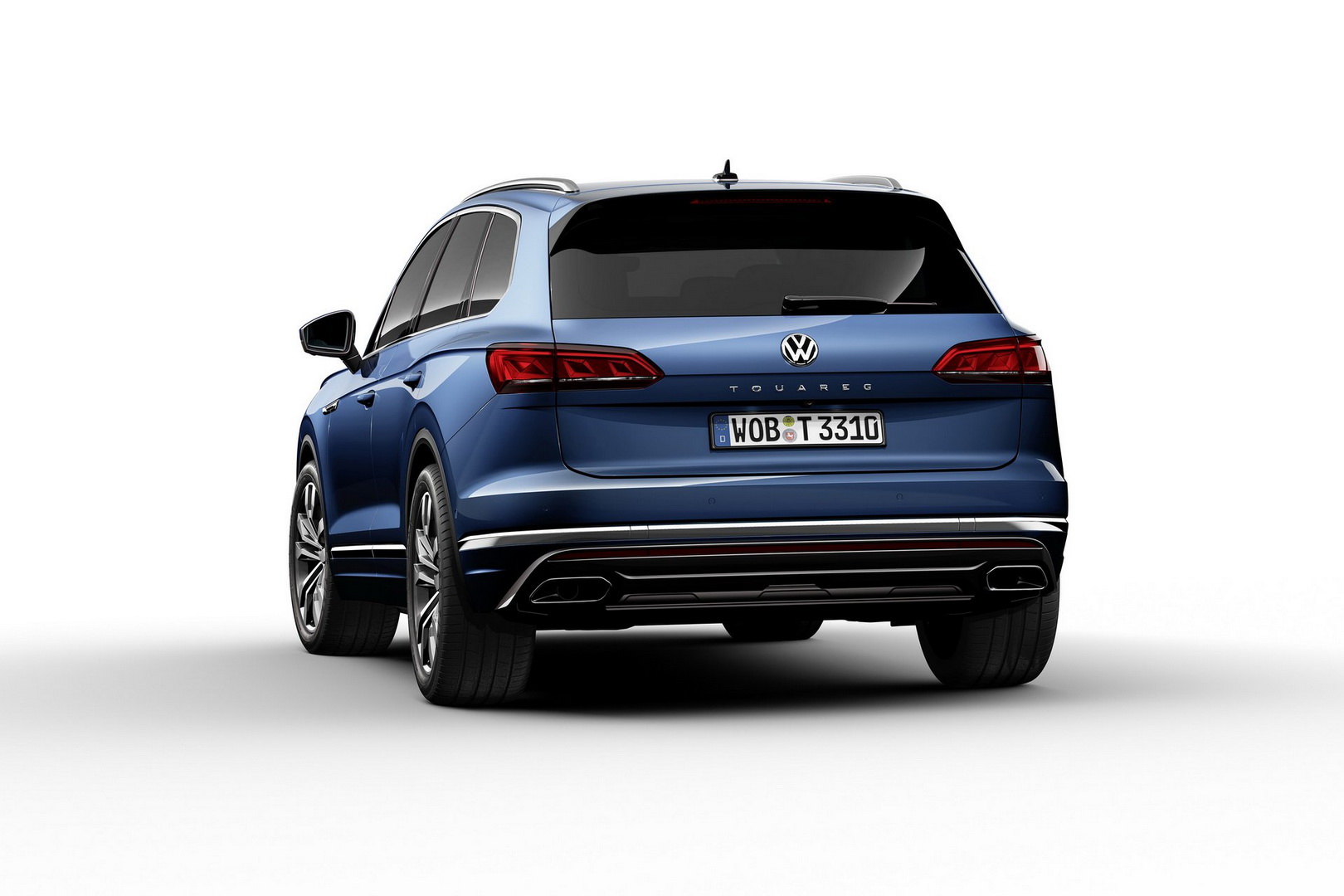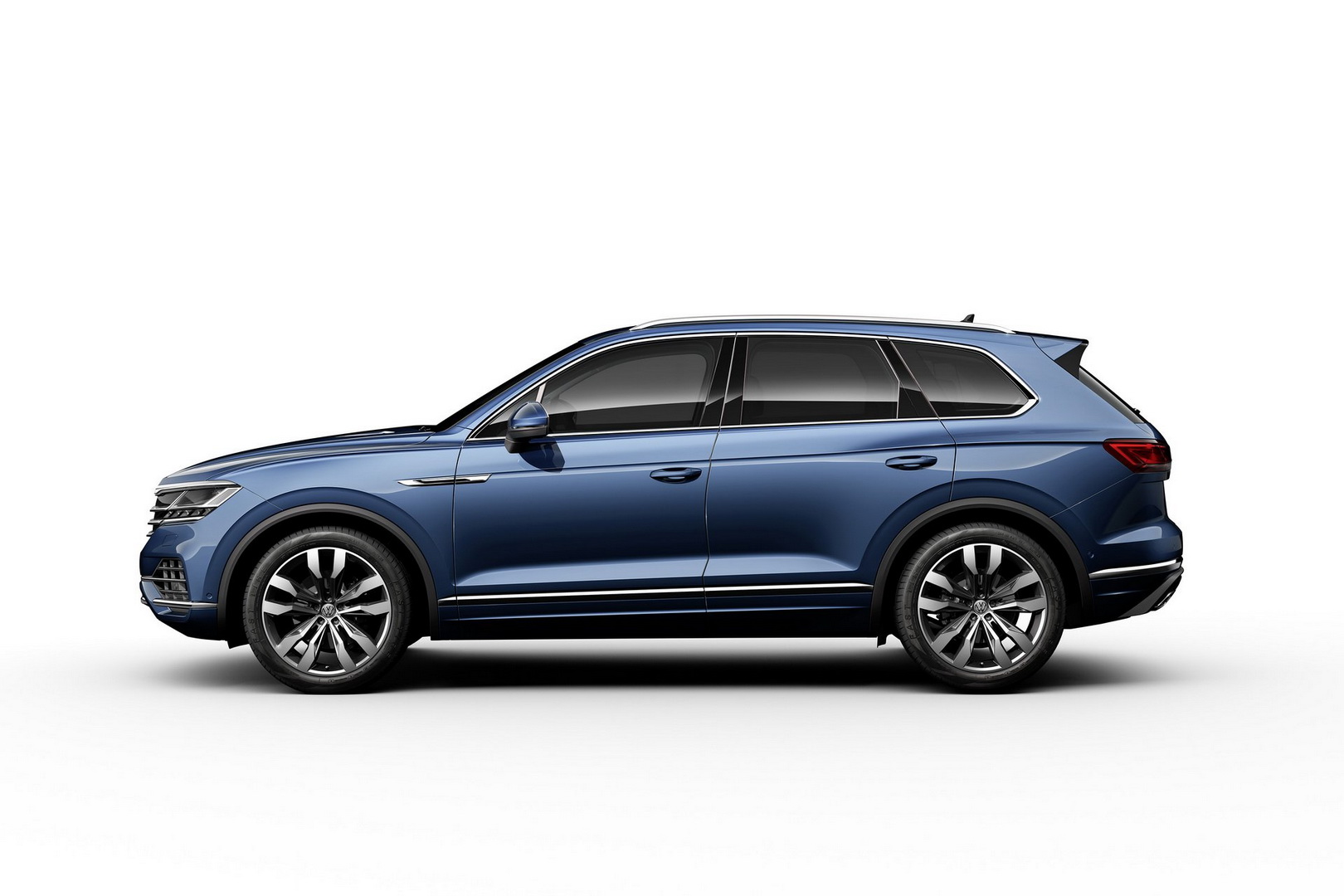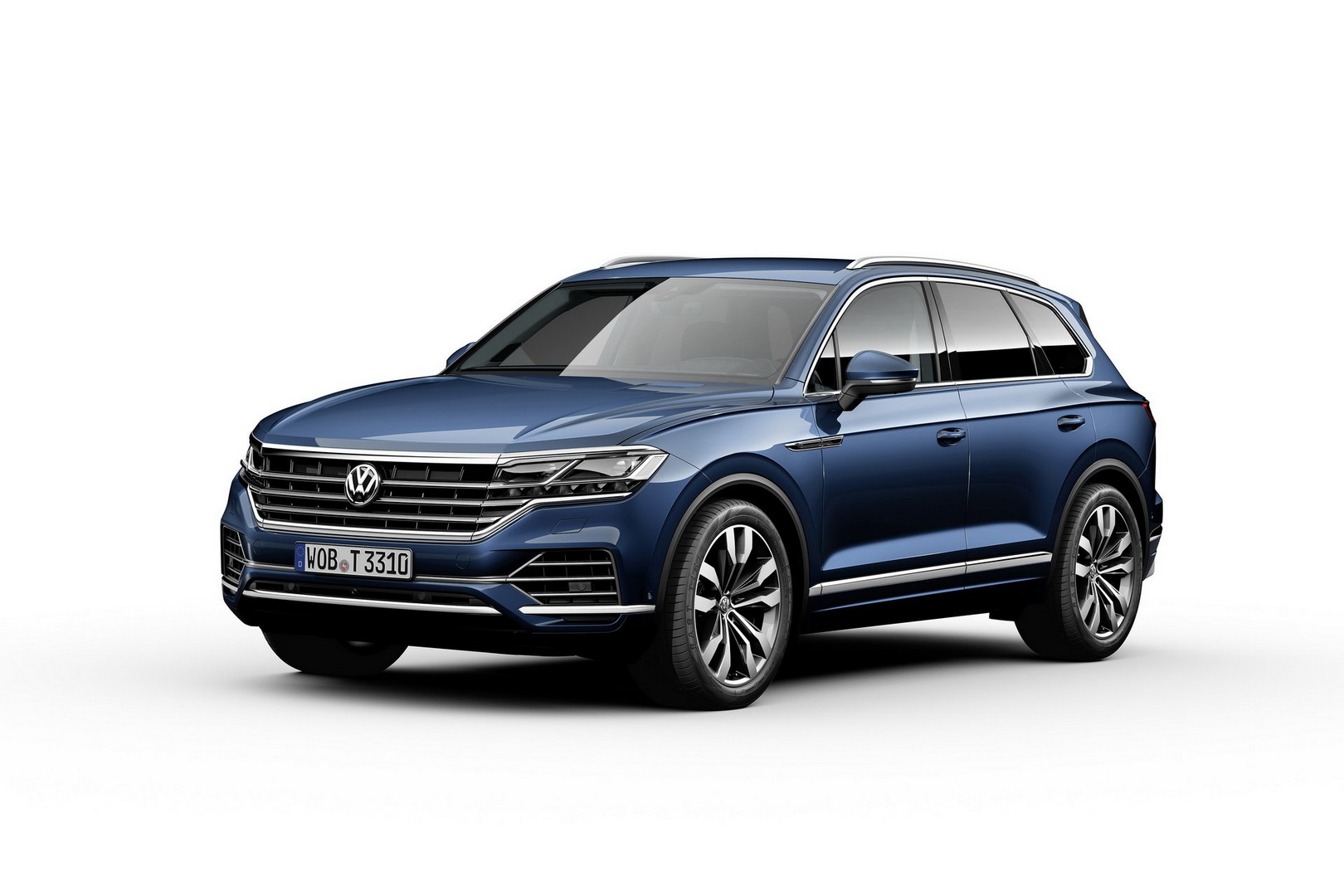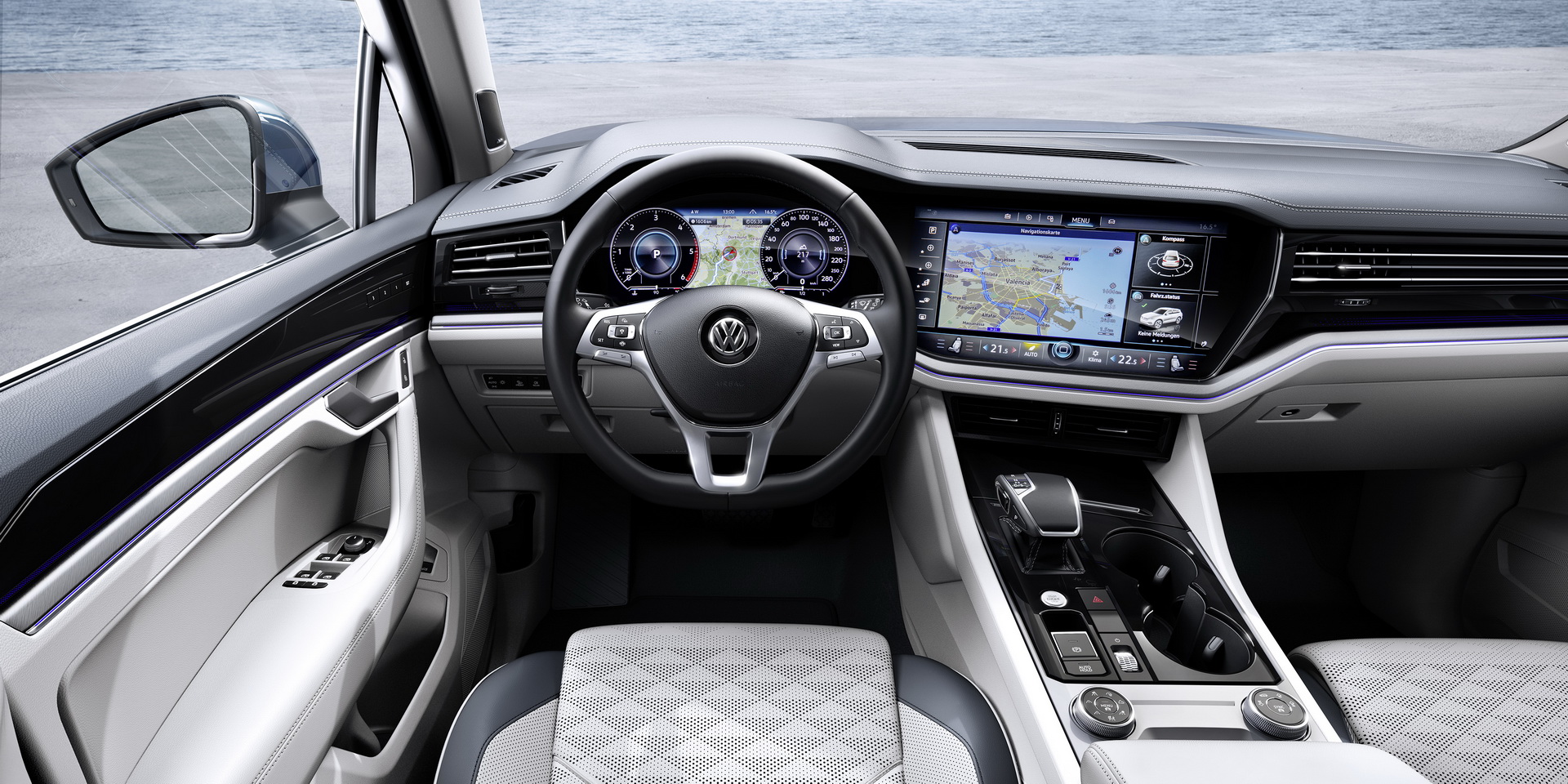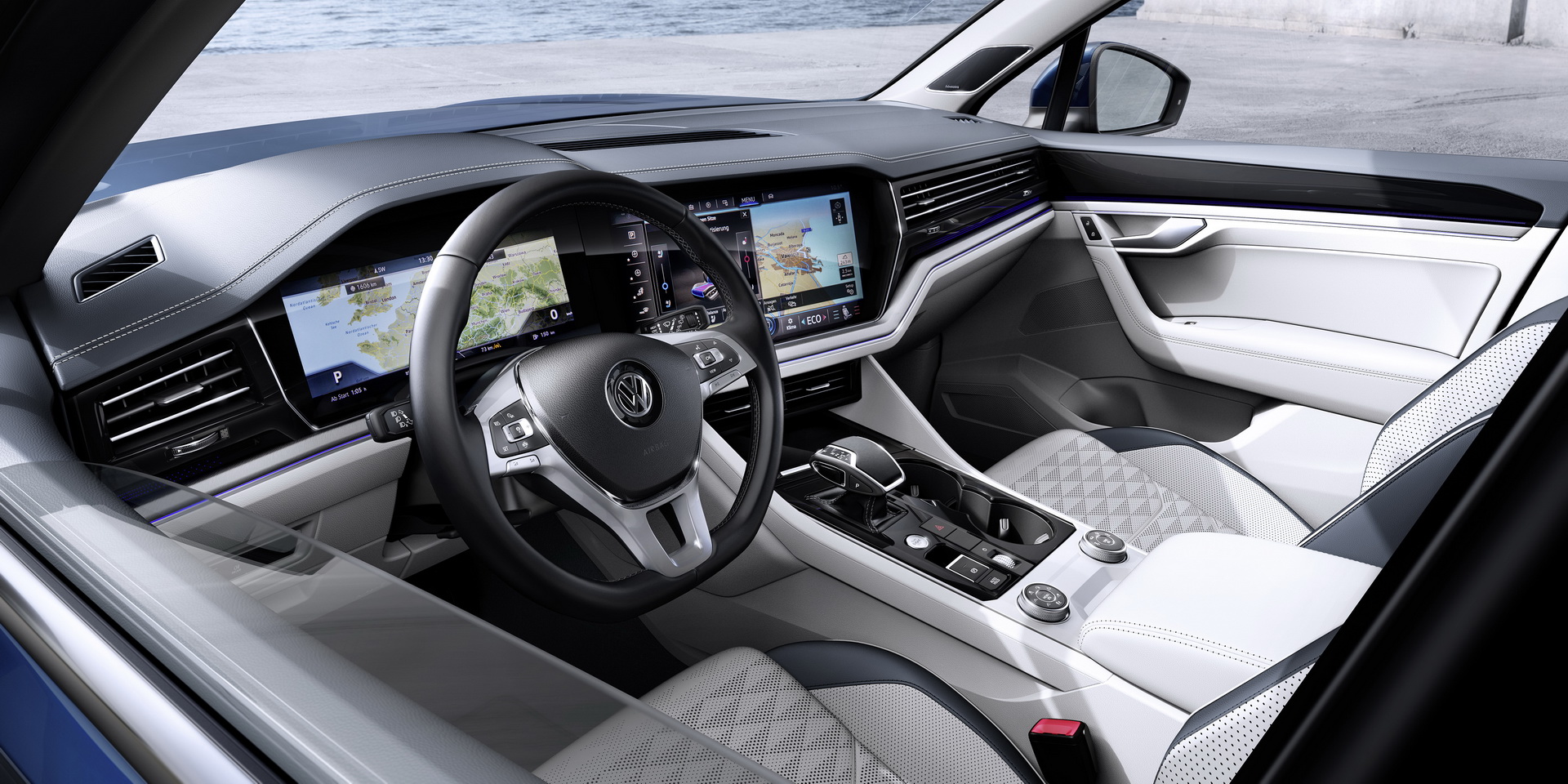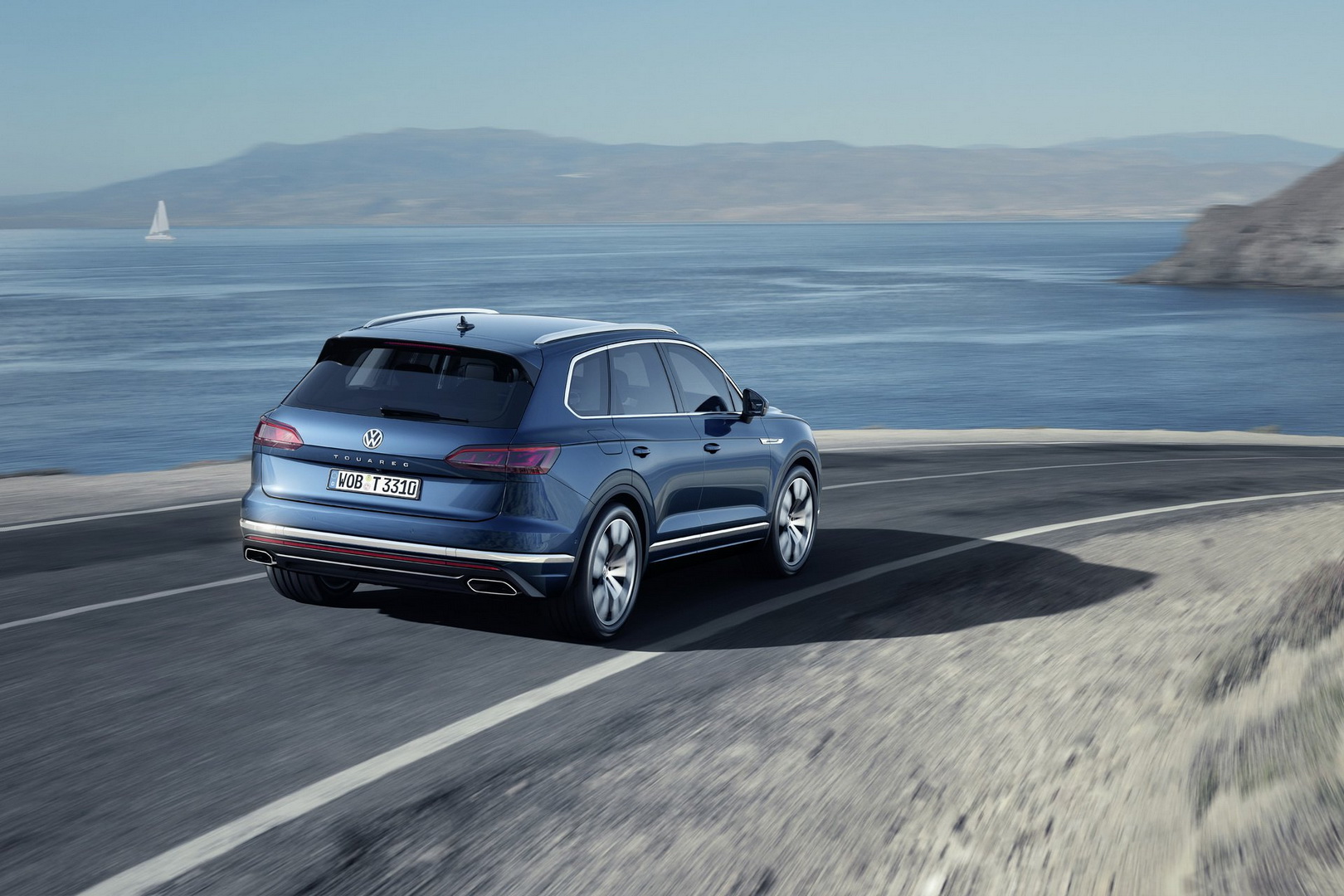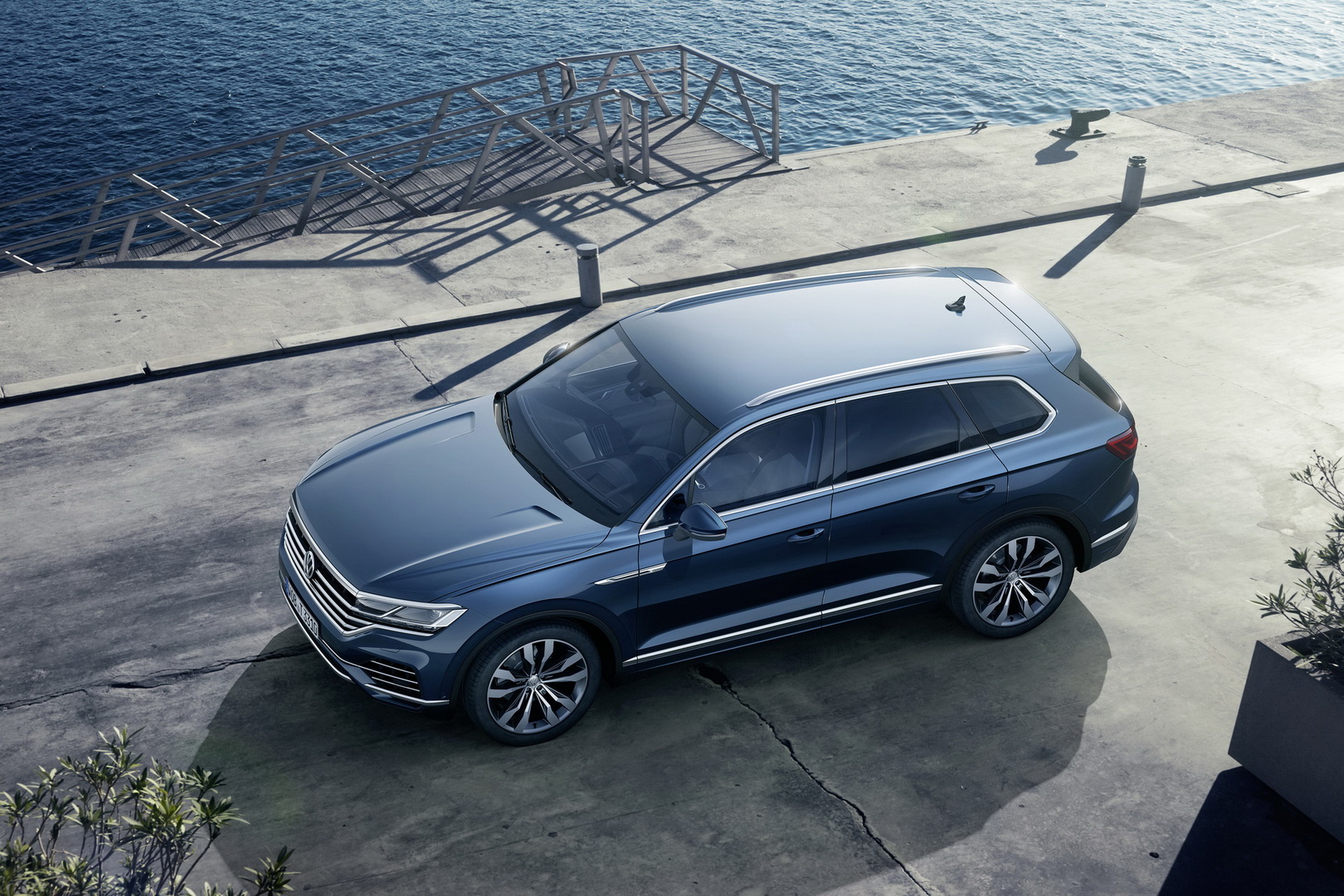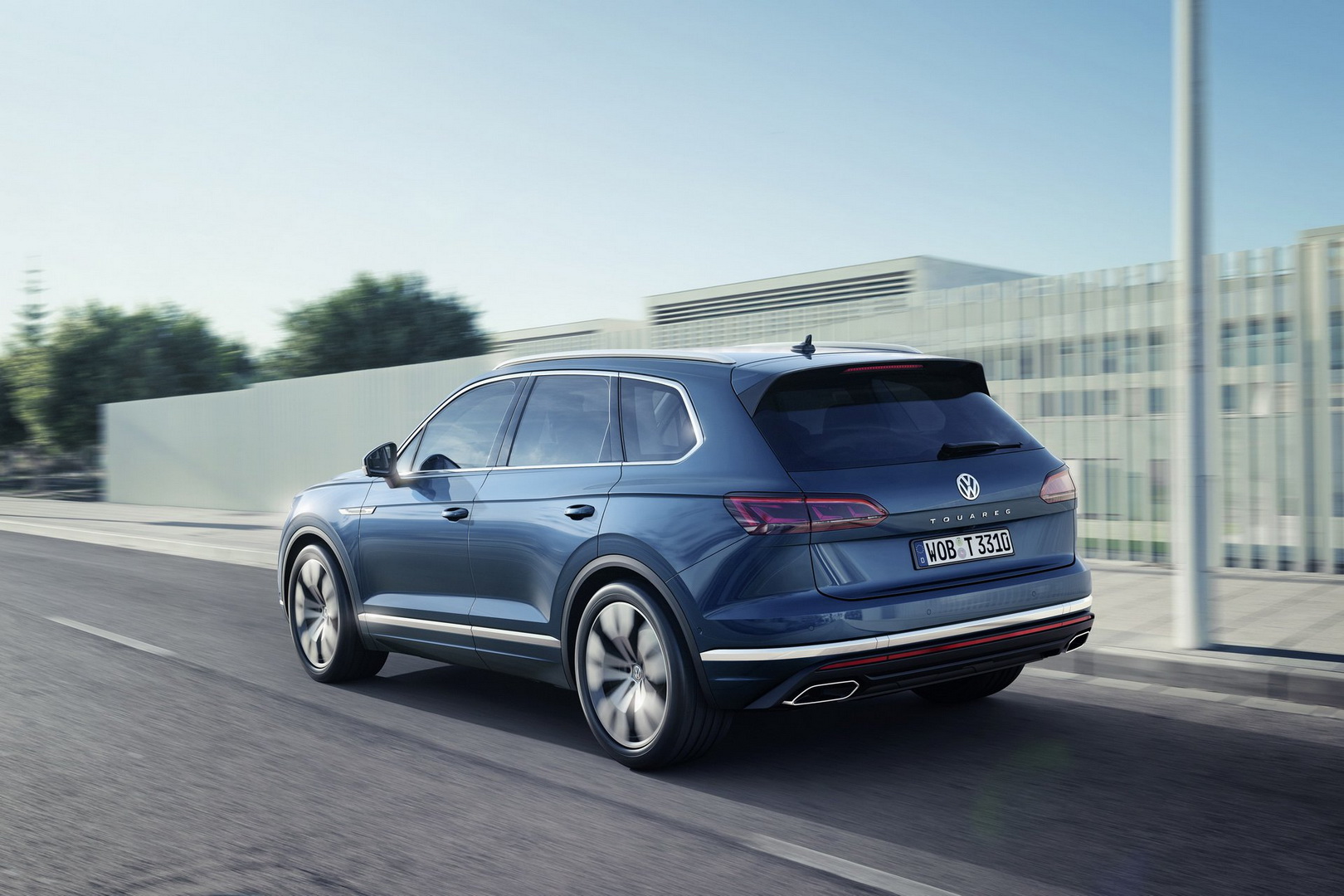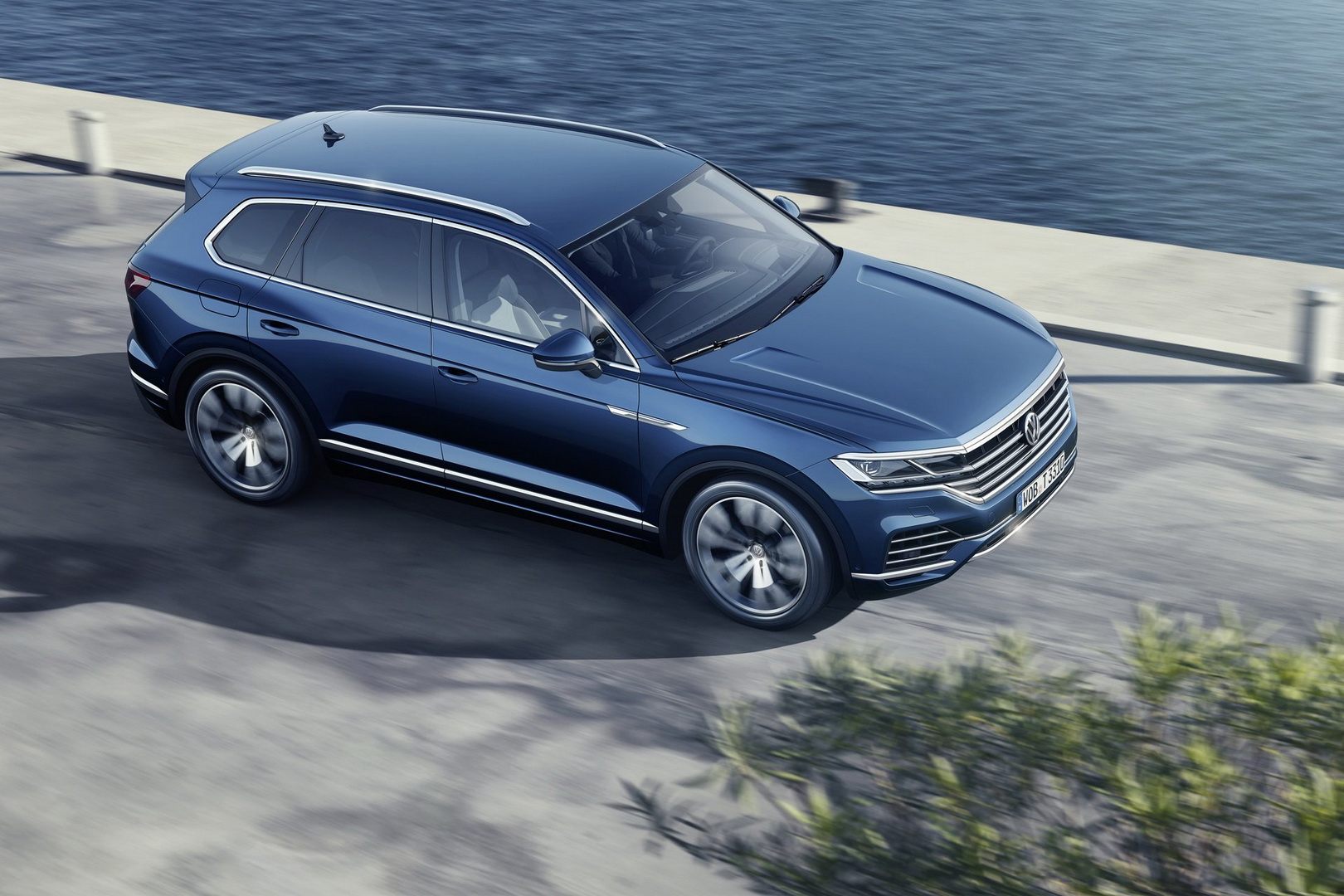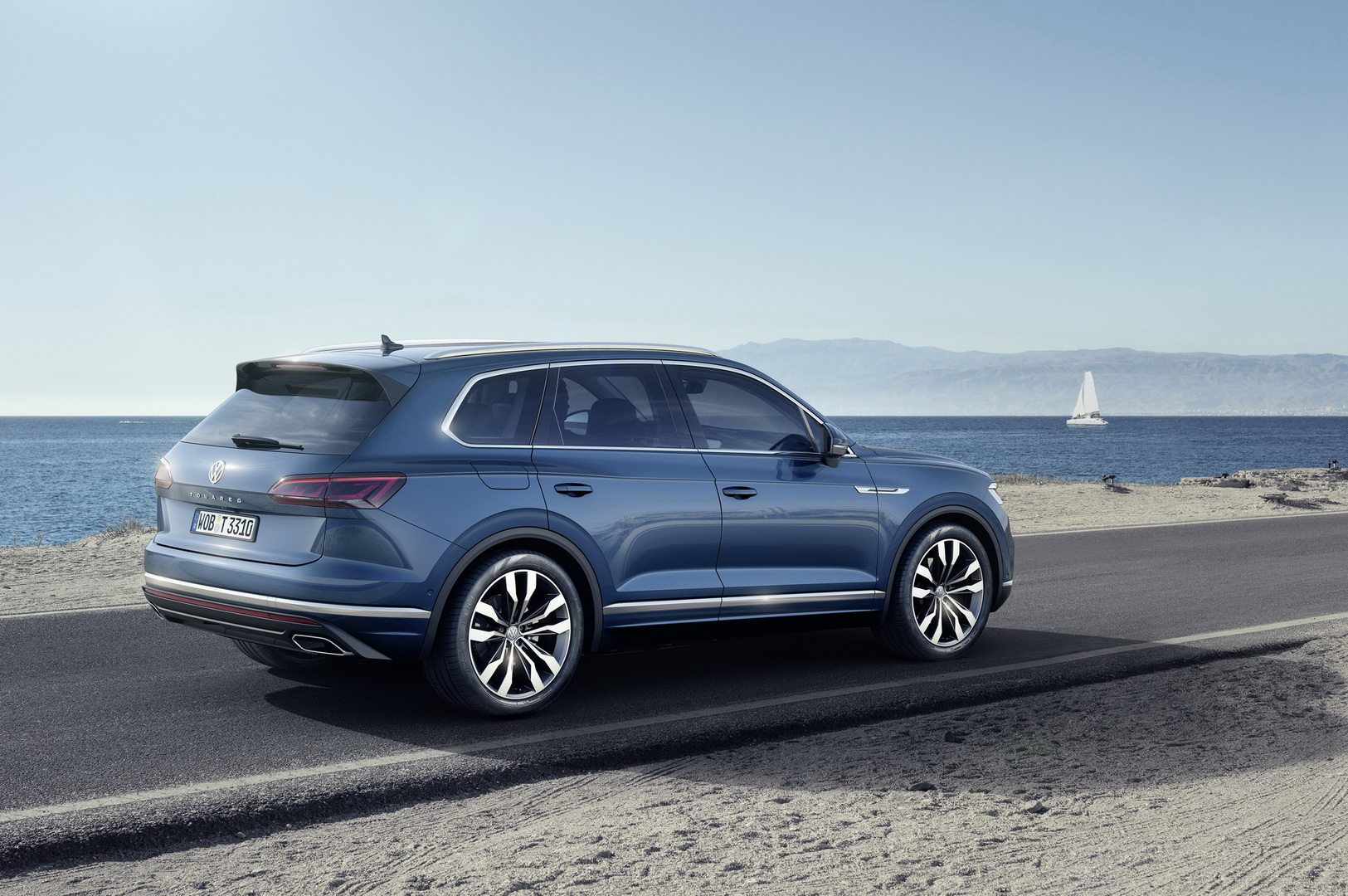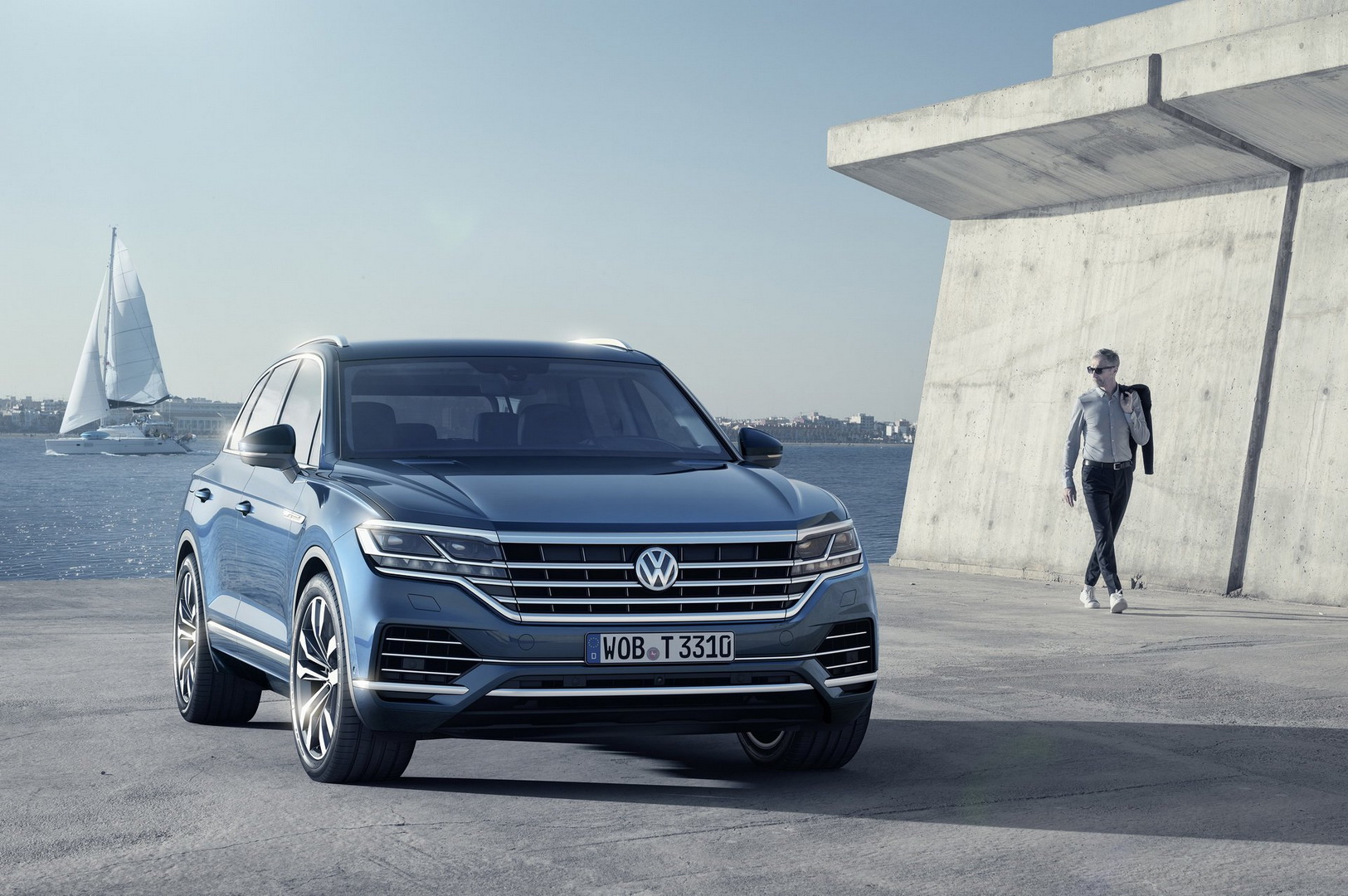With emphasis on electric mobility and new products, the Volkswagen Group seems to recover from the ill effects of the Dieselgate scandal.
In the first eight months of the year, it sold 7,302,500 vehicles worldwide, a 7.5 percent increase compared to January-August of 2017.
Europe remains the Groups’ biggest market, accounting for 3,155,400 new car sales so far this year, up by almost 10 percent, followed by Asia-Pacific, where it posted a 6.8 percent increase. North America comes next, with 631,500 deliveries which represent a 0.2 percent drop, whereas South America ends the list with a 13.3 percent increase.
Volkswagen Passenger Cars is still the Group’s best-selling brand, accounting for 4,137,900 units so far this year, up from 2017’s 3,897,200, followed by Audi, with a 5.5 percent increase in sales, totaling 1,268,600 deliveries.
Also Read: VW CEO Now Weary Of Higher Than Expected Electric Car Costs
Skoda and Seat were also up by 11.4 and 21.9 percent respectively, having sold 844,200 and 383,900 cars, whereas Porsche’s deliveries went up by 6.8 percent, to 176,400.
VW Group’s Commercial Vehicles division accounted for 336,000 sales from January to August 2018, followed by MAN and Scania, with 85,900 and 60,200 sales.
August was a very good month for the German company, which shifted 875,300 vehicles worldwide, out of which 513,300 were Volkswagens, 153,900 Audis, 91,800 Skodas, 41,300 SEATs and 23,500 Porsches. All in all, the Group’s global sales went up by 6.8 percent last month.
It remains to be seen whether the VW Group’s success will enable them to reclaim the top-selling light passenger group crown, which last year was won by the Renault-Nissan Alliance.
Note: 2019 VW Touareg pictured




